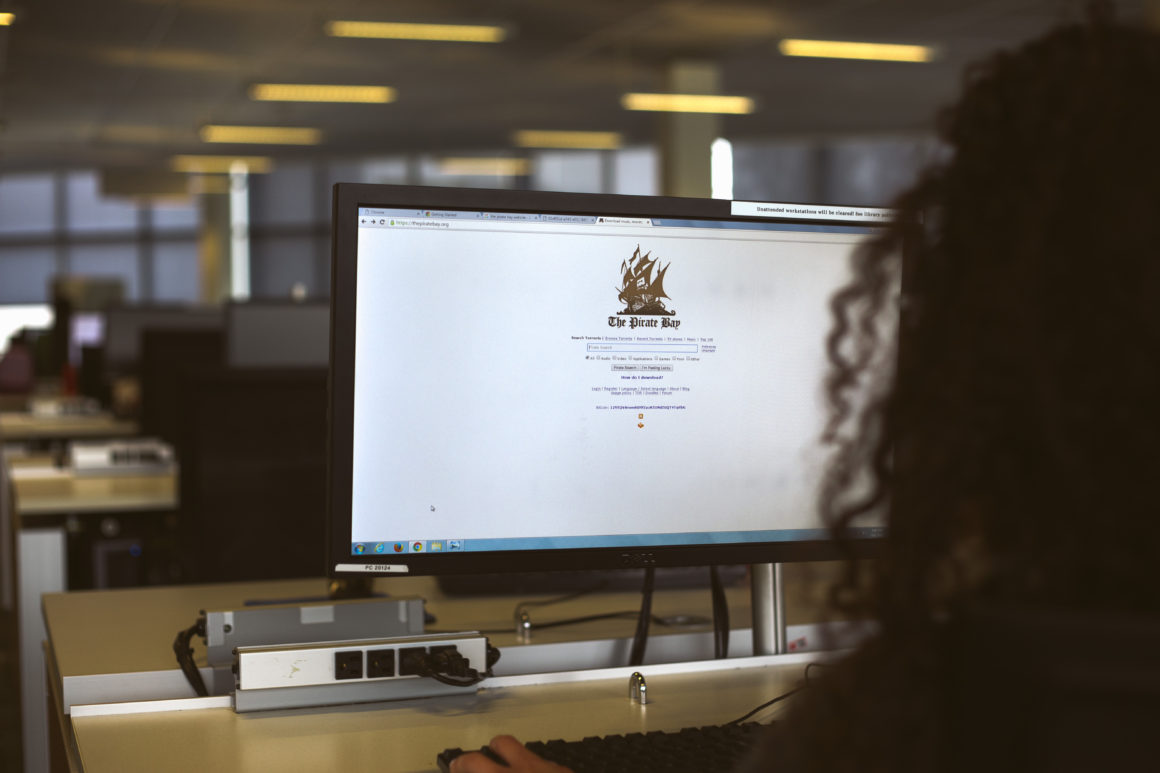
Copyright infringement prevalent on University of Calgary server
By Scott Strasser, September 6 2016 —
The University of Calgary wants to clamp down on copyright infringement and illegal downloads on its servers.
The U of C Copyright Committee met on August 24 to discuss how the university deals with illegal downloading on computers connected to the U of C network.
The Canadian government passed the “notice-and-notice” law in January 2015 under the Copyright Modernization Act. The law requires that internet service providers send infringement notices to suspected pirates of copyrighted material.
The U of C provides services similar to those of a digital network provider. According to provost and vice-president academic Dru Marshall, the U of C is legally required to attempt to track down IP addresses associated with unauthorized downloading on the university’s server.
“What happens is they will send an infringement notice to the network service provider and then we have to make reasonable efforts to identify the user associated with the IP address. If that user can be identified, we forward the notice to the user and the content owner is notified that the infringement notice was delivered,” Marshall said.
According to Marshall, it’s difficult to pinpoint illegal downloaders on campus. Knowing the IP address of a computer doesn’t always result in identifying the person who was using it.
Marshall brought up the U of C’s computer labs as an example of the difficulty of identifying illegal downloaders.
“We can certainly track an IP address, but the difficulty is that the owner of that device is not necessarily the downloader of content. Someone can use someone else’s computer without that person’s knowledge,” Marshall said.
The U of C has a contentious history with copyright management, having opted out of its model license agreement with Access Copyright in 2011.
Access Copyright is a copyright collective that ensures universities have licenses to use and distribute copyrighted works, while compensating authors and publishers for their work.
The U of C had a license agreement with Access Copyright for 15 years.
After opting out, the U of C developed its own copyright policy and established a Copyright Office to maintain compliance. The U of C is now responsible for ensuring all material used in classes is legally attained and cleared for copyright.
“We have obligations under [the] law that we have to meet. It’s important our community is aware of those obligations and responsibilities,” Marshall said.
Marshall said she doesn’t know if copyright infringement or illegal downloading have increased in general, or if they are seeing a current spike at the U of C.
“I would say we don’t really know that it’s increasing because we don’t have the historical data to make that conclusion,” she said. “Certainly we have received notices since January 2015 and we’re doing our due diligence on those notices.”
While it can be stressful for students to receive an infringement notice, it rarely means the copyright holder will take legal action.
But Marshall said people who illegally download from a U of C computer can still face serious consequences.
“The penalties can be quite severe,” Marshall said. “Violators may be subject to penalties both under the regulation of the university but also under law.”
According to Marshall, copyright infringement will be discussed at the next meetings for both General Faculties Council and the U of C Board of Governors.
